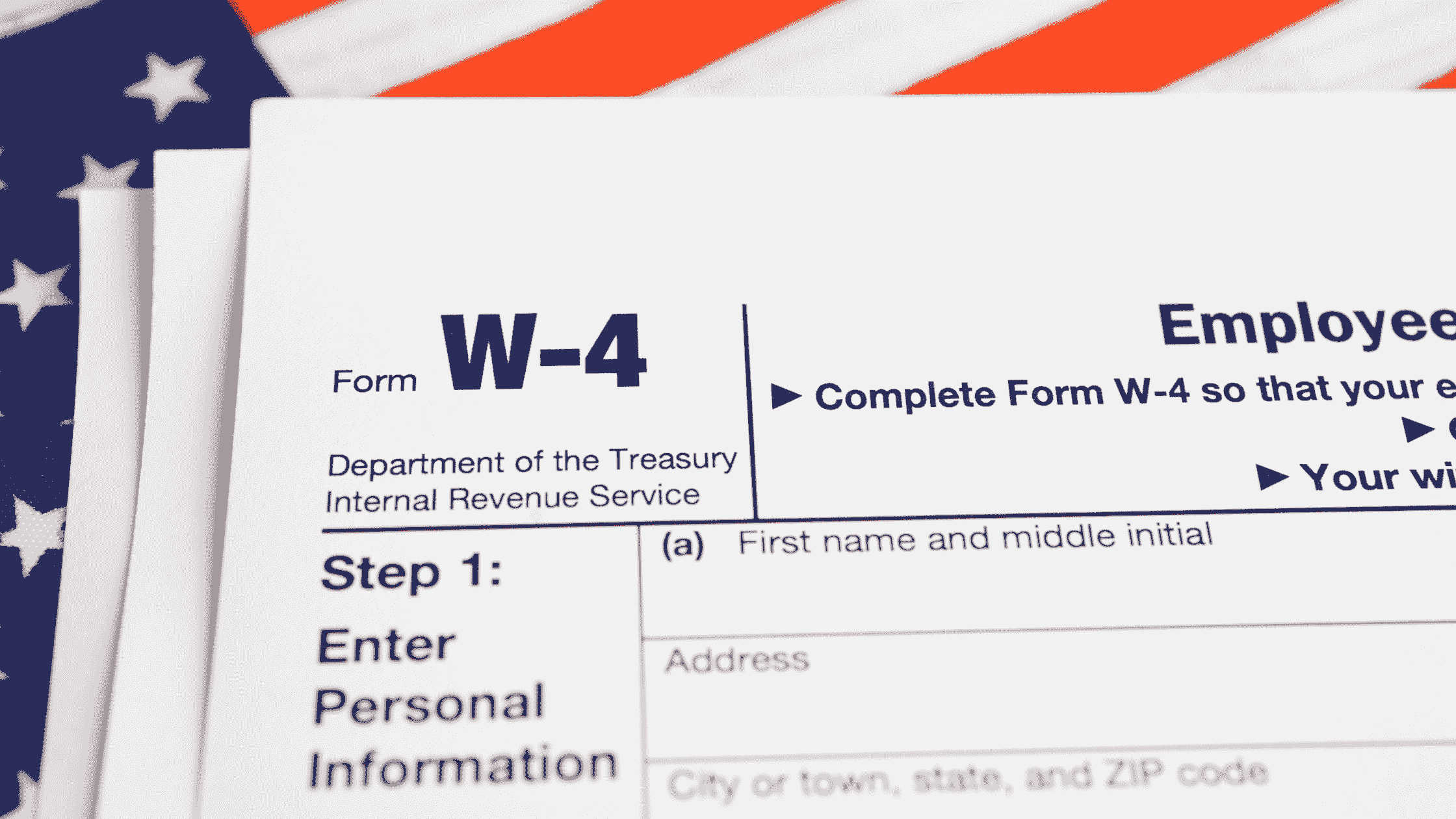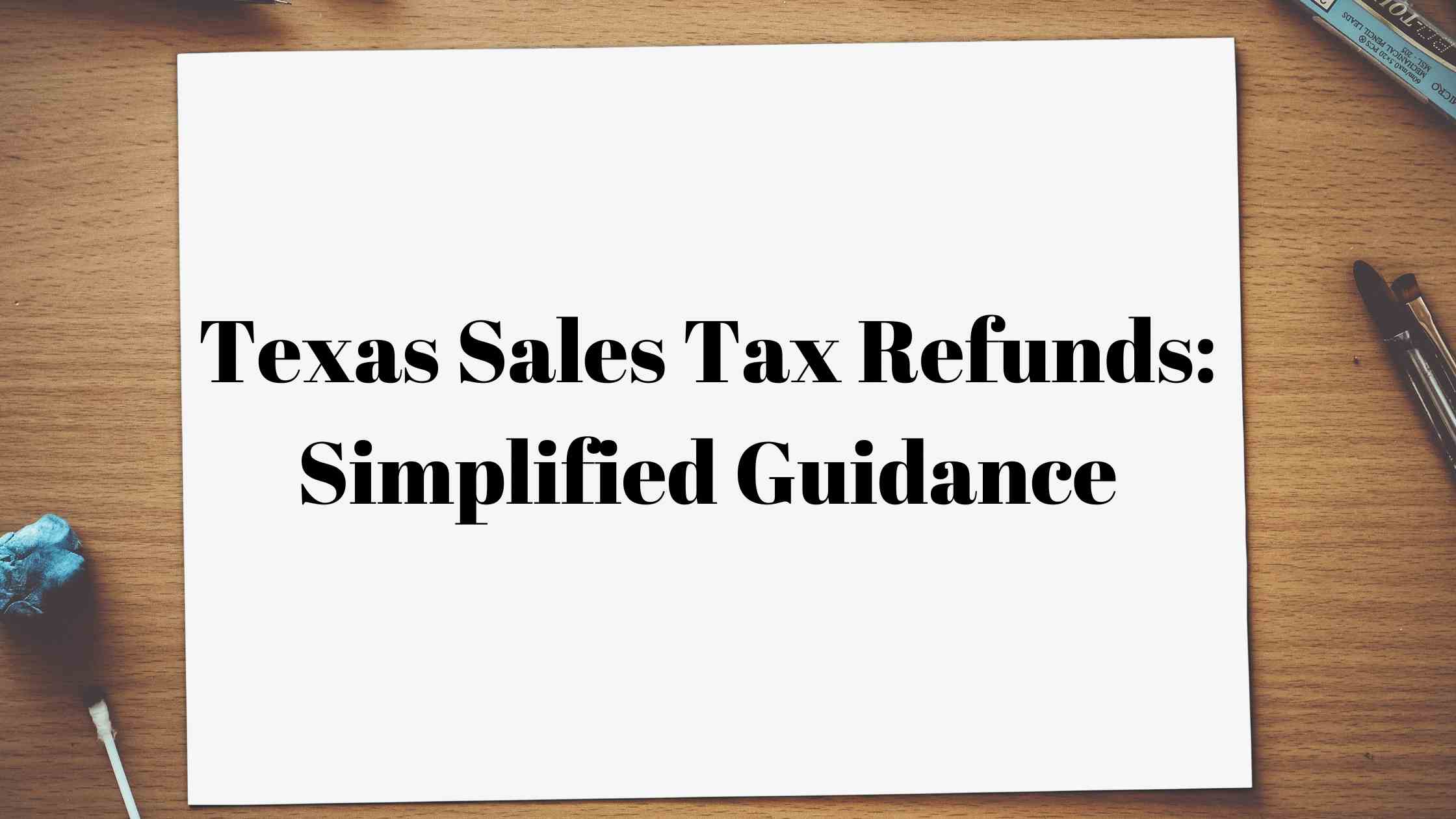In this comprehensive guide, we embark on a journey to demystify franchise tax calculation. Whether you’re a startup navigating your initial tax obligations or an established business aiming to optimize your financial strategy, understanding how franchise tax is calculated is paramount.
CALCULATING FRANCHISE TAX IN TEXAS
The calculation of franchise tax is contingent on your profit margins.
The calculation of the Texas Franchise Tax is based on a company’s margin for all entities that generate revenues exceeding $2,470,000. Entities with a calculated tax liability of less than $1,000 are exempt from owing any tax.
Franchise tax is determined using one of the following methods:
- Seventy percent of total revenue;
- Total revenue subtracted by the cost of goods sold (COGS);
- Total revenue subtracted by compensation; or
- Total revenue subtracted by $1 million (effective January 1, 2014).
How to Calculate Total Revenue?
Total revenue is derived from reported revenue amounts for federal income tax, excluding specific items. Exclusions from revenue comprise the following:
- Dividends and interest from federal obligations.
- Schedule C dividends.
- Foreign royalties and dividends under Internal Revenue Code Section 78 and Sections 951-964.
- Certain flow-through funds.
- Other exclusions specific to particular industries.
How to Calculate Cost of Goods Sold?
The cost of goods sold typically encompasses expenses associated with acquiring and producing tangible personal property and real property. Entities subject to taxation that exclusively provide services or intangibles usually do not have eligible costs. Nevertheless, exceptions exist for specific industries.
How Compensation Deduction Calculated?
The deduction for compensation comprises the following elements:
- W-2 wages and cash compensation disbursed to officers, directors, owners, partners, and employees (including net distributive income to individuals) during the 12-month period forming the basis for taxation, subject to the per-person wage and cash compensation limitation adjusted for inflation.
- Benefits extended to all personnel, including workers’ compensation, healthcare, and retirement benefits, to the extent deductible for federal income tax purposes.
It’s important to note that compensation excludes 1099 labor and payroll taxes paid by the employer.
THRESHOLDS TO FILE FRANCHISE TAX DUES
It’s important to understand that franchise tax filing methods vary among individuals, as different thresholds dictate the amount you’ll pay or the specific form you’ll be required to file. This is to note that each form calculates your tax differently.
- Threshold 1: If your nationwide sales total less than $2.47 million, you will submit a No Tax Due Information Report. While filing is mandatory, there is no tax payment requirement.
- Threshold 2: If your nationwide sales fall within the range of $2.47 million to $20 million, you will be required to submit the EZ Computation Report.
- Threshold 3: For nationwide sales exceeding $20 million, you will be obligated to file the Long Form Report.
FRANCHISE TAX CREDITS OFFERED IN TEXAS
- Interim Provision for Carrying Forward Business Losses as per Texas Tax Code Section 171.111 (applicable for reports initially due on or after January 1, 2008).
- Credit for Research and Development Activities as per Texas Tax Code Chapter 171, Subchapter M (applicable for reports initially due on or after January 1, 2014).
- Credit for the Rehabilitation of Certified Historic Structures as per Texas Tax Code Chapter 172 (applicable for reports initially due on or after January 1, 2015).
HOW TO FILE FRANCHISE TAX RETURN?
Here’s a comprehensive guide outlining the step-by-step process for filing franchise tax in Texas.
1. Gather all the necessary documents for filing.
- FEIN: You will require your Federal Tax ID, also known as FEIN (Federal Employer Identification Number). The FEIN is a distinct nine-digit identifier assigned by the IRS for tracking and tax-related purposes. The IRS issues this number at no cost, and the entire application process can be conducted online through the IRS website.
- Additional Records: Depending on your entity, tax obligations, and industry, you might be required to submit extra paperwork, including but not limited to:
- Public Information Report (similar to an annual report and mandatory for LLCs and corporations)
- Affiliate Schedule
- Common Owner Information Report
- Payment Form (if sending a check or money order)
Each and all forms are available on the Texas Comptroller’s Franchise Tax Form Page.
2. Identify the Appropriate Form for Filing.
Based on your company’s annual earnings, you will submit one of the following forms:
- No Tax Due
- EZ Computation
- Long Form
3. Select Your Filing Approach
Regardless of the form you select for filing, there are various methods available for submission.
- Online Submission:
Each of the three forms can be accessed electronically through Web File. To utilize Web File, you must register for a Web File account and acquire your unique Web File number. Web File is the State of Texas’ online tax filing system, accessible 24 hours a day, seven days a week.
- Offline Paper Filing:
The three forms, extension forms, and payment forms for checks or money orders can be found on the Texas Comptroller’s Franchise Tax Forms page. After completion, send the forms to the following address:
Texas Comptroller of Public Accounts
P.O. Box 149328
Austin, TX 78714-9348
4. Selection of Payment Method
The available payment methods depend on the amount of tax owed. (If no tax is owed, you may skip this step.)
- For amounts less than $10,000, payment options include Web File (EFT or major credit card), TEXNET, approved electronic submission software providers, and check/money order with a payment form.
- For amounts between $10,000 and $499,999, payment options consist of Web File (EFT or major credit card), TEXNET, and approved electronic submission software providers.
- For amounts totaling $500,000 or more, TEXNET is the designated payment method.
In conclusion, unraveling the intricacies of franchise tax in Texas is a significant step toward financial clarity for businesses. The Lone Star State’s unique approach to calculating franchise tax demands careful consideration and attention to detail.
Whether you’re a seasoned entrepreneur or a budding business owner, understanding the nuances of franchise tax in Texas is an investment in the stability and growth of your enterprise. Should you have any questions or seek further clarification, feel free to drop your thoughts in the comments section below.
DUE DATES OF FRANCHISE TAX RETURNS
A Texas Franchise Tax Report year usually precedes the corresponding federal income tax return year by one year. The annual Franchise Reports are required to be submitted by May 15 each year, irrespective of the company’s year-end. If May 15th occurs on a weekend or holiday, the deadline will shift to the following business day.
For instance, a taxpayer with a calendar year ending in 2016 will file a 2016 federal income tax return and a 2017 Texas Franchise Report, due on May 15, 2017.
FRANCHISE TAX EXTENSIONS
A tentative extension of time to file a franchise tax report will be granted upon the prompt receipt of a valid online extension payment or a timely request submitted on a form supplied by the Comptroller. For the request to be considered timely, it must be received or postmarked on or before the original report’s due date. If an online extension payment is completed, the taxable entity should REFRAIN from submitting a paper Extension Request Form 05-164 (Annual or Final).
Typically, for an extension to be considered valid, the payment must meet either of the following criteria on or before the original due date of the report:
- 100 percent of the tax paid in the previous year, or
- 90 percent of the tax anticipated to be due with the current year’s report.
Texas Franchise tax returns come with distinct rules, differing significantly from federal regulations. It can be challenging to navigate the complexities, not only in determining the appropriate return for each year but also in identifying the precise federal information required to accurately complete the report.
Calendar Year-Taxpayers
The Texas Franchise Tax Report year typically precedes the federal income tax return year by one year. Annual Franchise Reports are required to be submitted by May 15 of each year, irrespective of the company’s year-end. For instance, a taxpayer following the calendar year for 2013 will file a 2013 federal income tax return and a 2014 Texas Franchise Report, with the latter due by May 15, 2014.
If you qualify as an EFT taxpayer and have made tax payments of $10,000 or more in any of the preceding years, your franchise tax return filing deadline is automatically extended to August 15. If needed, you have the option to request a secondary extension, allowing you to further postpone the due date to November 15. It’s important to note that even if you don’t owe any taxes, you are still required to file a return.
Filing for a second extension is not possible online unless accompanied by a payment. Therefore, you have the option to either submit a paper filing or file online, provided there is a balance of at least $1.
Fiscal Year-Taxpayers
Adhering to the fiscal year may lead to confusion when dealing with Texas franchise returns and their filing deadlines. In this context, your accounting period aligns with your federal income tax period for the calendar year immediately preceding the year in which the franchise return is expected.
For instance, suppose your fiscal year ends on March 31, 2016. In this case, you would file a 2015 income tax return with the IRS, covering transactions for the year ending on March 31, 2016. These particulars will then be integrated into your 2017 Texas franchise return, with a filing deadline set for May 15, 2017.
The Texas Franchise Report for a specific year is set two years after the corresponding federal income tax return year. Filing the wrong report due to using an incorrect accounting period can result in the unnecessary expenditure of time and effort in addressing administrative notices.
FRANCHISE TAX PENALTIES
The Franchise tax penalties are imposed when businesses fail to comply with the requirements set by the state for
franchise tax reporting and payments.
- Late Filing Penalty
Texas imposes $50 late filing penalty for businesses that do not file their franchise tax reports by or after the due date.
- Late Payment Penalty
Businesses in Texas may face a late payment penalty if they fail to pay the franchise tax by the due date.
- A penalty of 5% is imposed if the tax is paid within 1 to 30 days after the due date.
- A penalty of 10% is levied if the tax is paid more than 30 days after the due date.
- Interest Charges
- Interest is applied to past-due taxes starting 61 days after the due date.
- Preventing Penalties
- Ensure timely filing of franchise tax reports.
- Make payments by the specified due date.
- Keep accurate records and promptly address any issues or discrepancies.
- Stay informed about any changes in Texas franchise tax laws.
It’s important to note that tax laws and regulations can change, so businesses should regularly check the Texas Comptroller’s website.
Disclaimer:
The information provided in this content is for general informational purposes only. You should always seek the advice of an expert before making any decisions based on the information provided. We do not warrant or guarantee the accuracy, completeness, or usefulness of the information provided. Any reliance you place on such information is strictly at your own risk. We are not responsible for any damages, losses, or expenses related to the use of this content.
Related Blog :
TEXAS FRANCHISE TAX: WHAT NEW BUSINESSES NEED TO KNOW
TEXAS SALES TAX BASICS: WHAT EVERY BUSINESS OWNER SHOULD KNOW








